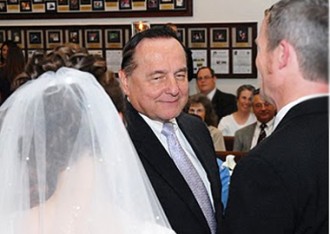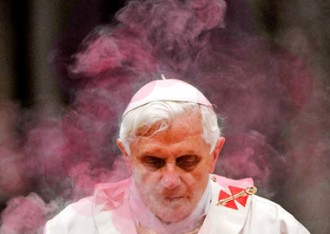
Debating God: Atheist and Evangelical Face Off at Notre Dame
The University of Notre Dame had cause for its anxiety leading up to last week’s big debate between the New Atheist polemicist Sam Harris and the evangelical philosopher William Lane Craig. It’s said that all publicity is good publicity, but one needn’t strain too hard to find an exception—least of all in the history of God debates.
Read More





